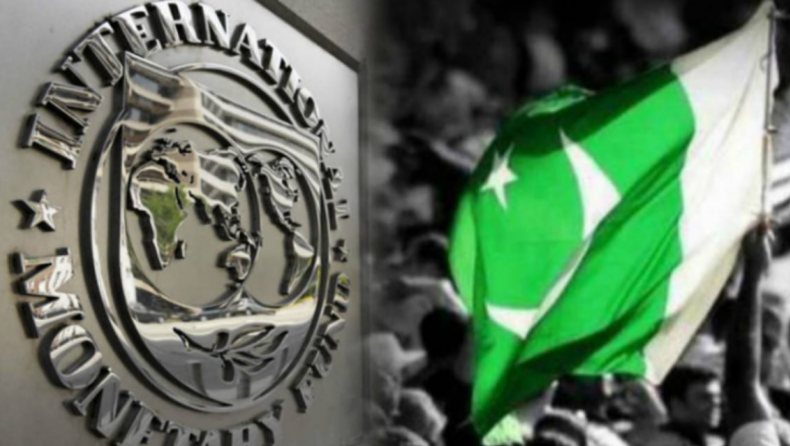
Cash-strapped Pakistan and the International Monetary Fund (IMF) have achieved a staff-level agreement to complete the sixth evaluation of an aid package required to restart the stalled $6 billion program.
The IMF agreed to offer help under the Extended Fund Facility (EFF) in a rescue package in 2019. When Pakistan’s economy was at a critical stage. It desperately required assistance to address the balance of payment crisis.
The IMF commits providing assistance through the Extended Fund Facility (EFF)
The support under the Extended Fund Facility (EFF) in a rescue package promised by the IMF in 2019.
The sixth assessment of the facility has been on hold since April. As has the lending facility, raising concerns among investors.
However, the IMF revealed in a statement on Monday that the staff-level understanding is subject to ratification by the Executive Board once preceding steps. It includes budgetary and institutional changes. It have been implemented.
“Data available shows that a solid economic recovery has taken root. Aided by the authorities’ complex policy response to the COVID-19 outbreak. It has helped minimize its human and macroeconomic repercussions” says the IMF.
Special Drawing Rights
The agreement’s acceptance will release 750 million Special Drawing Rights (SDR). It is equivalent to $1,059 million. The SDR is a basket of mixed currencies made accessible to IMF members.
Following conversations with Pakistani authorities, the IMF issued a statement recognizing the country’s success in implementing the program “despite a tough environment.”
Moreover, the IMF on commended Pakistan’s efforts in upgrading its anti-money laundering and counter-terrorism financing (AML/CFT) framework. But stated that more time was required to increase its efficacy.
Talks regarding sustainable and adaptable growth
It is anticipated that Pakistan’s economic growth rate will reach or exceed 4% in the current fiscal year and 4.5 percent in fiscal year 23. The discussions with Pakistan authorities will also focus on strategies to ensure sustainable and resilient growth.
With the program’s restart, Pakistan will receive more than $1 billion. Therefore, freeing up approximately $3 billion over the next two years.
A total of roughly $3 billion will be released over the next two years as a result of the program’s restart. With Pakistan receiving more than $1 billion in support.
The program had been postponed in January 2020 and then again in June of this year, otherwise it would be far less than what was approved in May 2019.
Pakistan has agreed to the IMF’s terms
Pakistan and the IMF inked a 39-month EFF for $6 billion in July 2019. But the program significantly veered off course and barely disbursed $ 2 billion in two years.
The sixth review meetings are for the payment of the next loan tranche of $1 billion. But after having two rounds—the first in June and the second this month—it seems that both sides still have a lot of ground to make up.
Two IMF requirements have already been approved by Pakistan. It has raised the price of energy by $1.68 per unit, or up to 14 percent. And has raised the price of petroleum goods to a new record high of $137.79 a liter.













